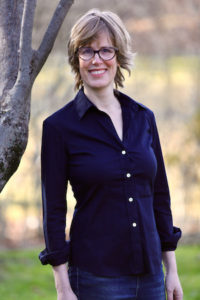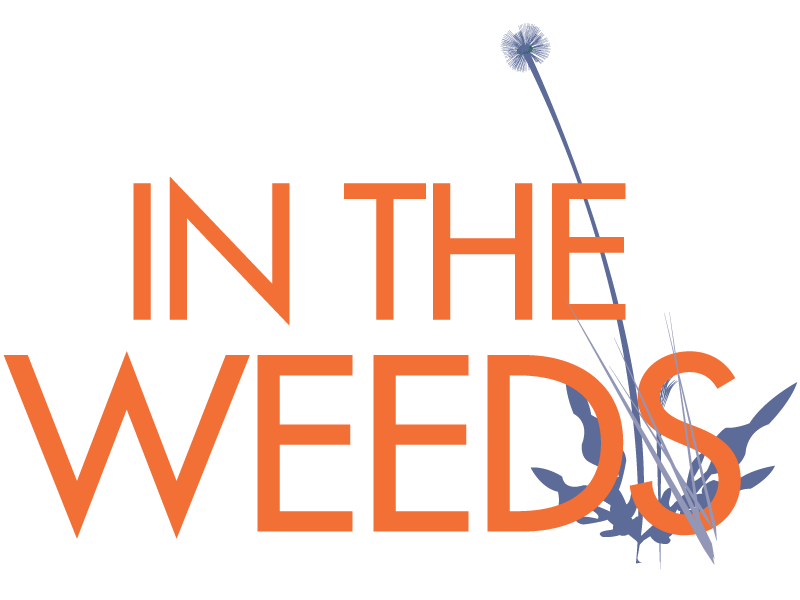The Podcast
Why are people more afraid of coyotes than cars? Why are rugged mountains and mustangs used to sell SUVs? Why are so many horror movies set in a dark forest? These are the kinds of questions we ask in In the Weeds, where we explore how culture shapes our relationship to the natural world.
In its earliest uses, the word culture referred to farming, to the cultivation of the land or the tending of animals. It spoke to an intimate relationship between humans and the natural world. Nowadays, the words culture and nature seem opposed to each other, and yet, ecologists tell us this is a false distinction: there is no human sphere outside of nature; there is no natural world untouched by human influence.
Still, we’re often unconscious of the many ways in which our culture – whether it’s our religions, our myths, the TV we watch, ads or fashion – shape our ideas and assumptions about the natural world. And this matters, because our beliefs about the natural world will inevitably determine our actions. If we’re afraid of coyotes, we’re more likely to kill them. If we think that “nature” is out there, separate from where we live, we can ignore it.
To delve into these matters, In the Weeds presents interviews with a wide range of guests, from scientists to artists to cultural critics and theologians. A violin maker talks about his relationship to wood and the history of trees. Two novelists and a theologian discuss apocalyptic fiction. And everyone from a dog trainer to a comedian weigh in on the “b word.” Occasionally, we’ll focus on a subject for a series of episodes, such as our examination of the forest in fiction or a series that looked explicitly at climate change.
The Host

Nicole Asquith has a Ph.D. in French Literature with a focus on French modern poetry and cultural studies. She has also studied botany and native plants. She’s a Trustee in the Village of Pleasantville, New York where she lives with her husband, two kids and her dog Coco, who demands daily walks in the nearby woods. Her work in this podcast is inspired by a number of writers and thinkers, notably Robin Wall Kimmerer and David Abrams.
